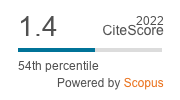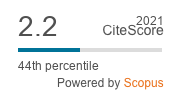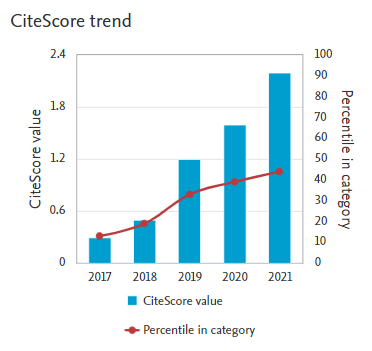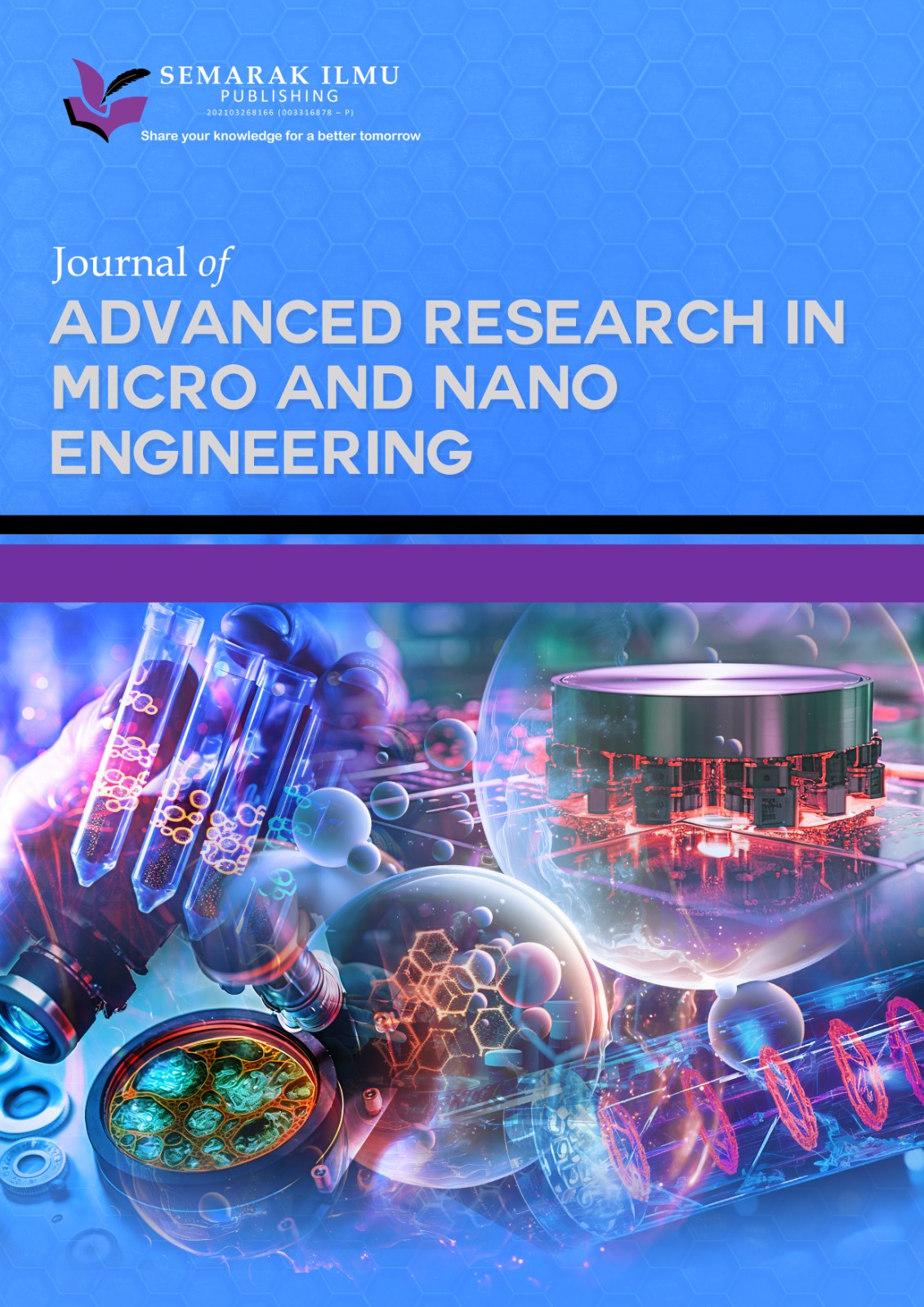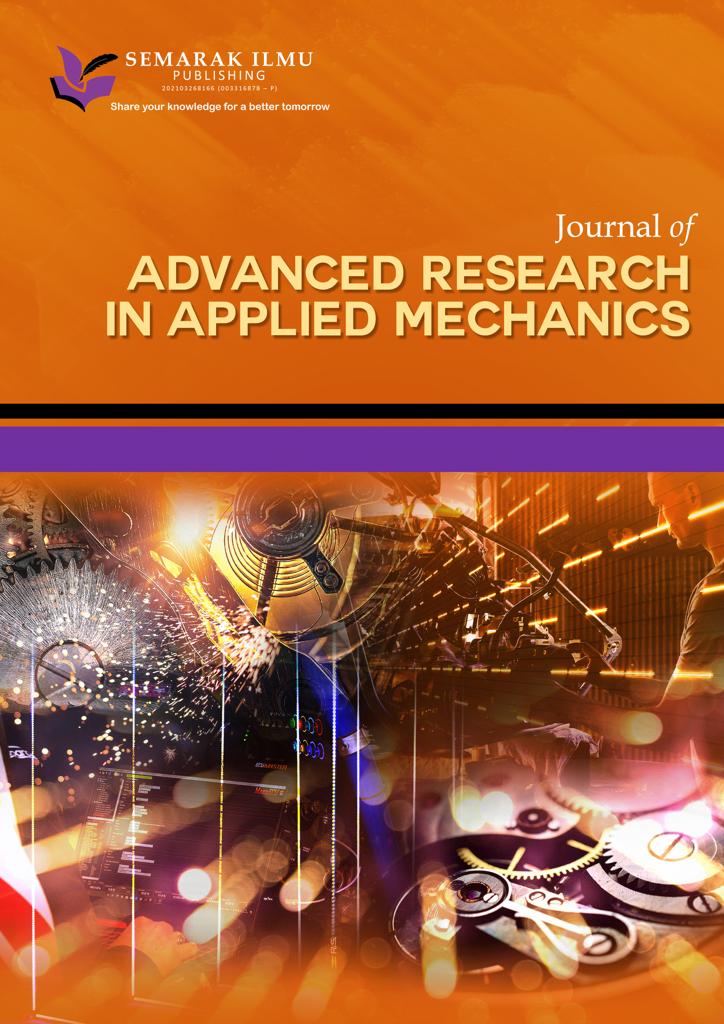Effect of Water Cooling and Dust Removal on Solar Photovoltaic Module Efficiency
DOI:
https://doi.org/10.37934/arfmts.105.1.184193Keywords:
Renewable energy, dust accumulation, photovoltaic cleaning, photovoltaic cooling, microcontrollerAbstract
This paper is on the effect of water cooling and debris removal on solar photovoltaic module efficiency. Photovoltaic power generation suffers from low energy conversion efficiency, mainly caused by the photovoltaic module's extraordinarily high operating surface temperatures and dust collection. This project aims to show how these issues affect module performance and how to overcome them. The first objective is to examine how surface temperature cooling affects photovoltaic modules, and the second objective focuses on the effect of debris deposition on module surfaces. The photovoltaic module was water-cooled using a prototype with a built-in motor and water pump that operated to cool and clean the photovoltaic module. Water-cooled modules are then compared to conventional modules (no modification). For the debris build-up investigation, the traditional module is covered with opaque sheets of varying sizes to simulate dust coating on the module surface. The output power is compared to the module with water cooling (zero dust coverage). According to these findings, it takes the solar module only five weeks to lose 20% of its efficiency once it has been installed. The research found that the module had a low energy conversion efficiency when the surface temperature was relatively high. The increase in surface temperature can be attributed to the production of heat energy on the surface due to the module being exposed to intense sunlight.




